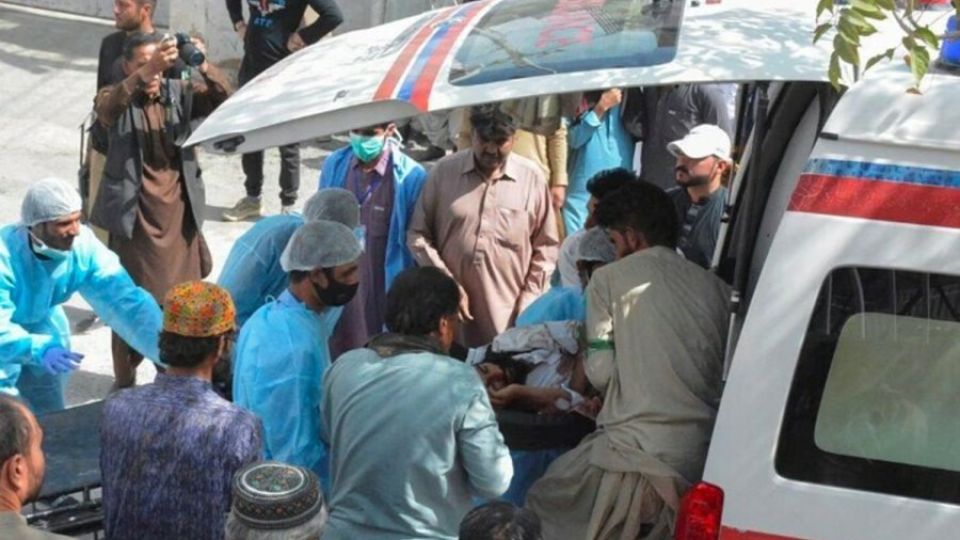October 2, 2023
ISLAMABAD – A DAY of celebration turned into a bloodbath in Mastung and Hangu, as terrorists attacked an Eid Miladun Nabi event in the Balochistan town and Friday prayers in the KP city.
At the time these lines were being written, no group had claimed responsibility, while the interim interior minister had claimed that Indian intelligence was involved.
Over 55 victims perished as a suicide bomber struck the Milad event in Mastung, while five victims were reported dead in the Hangu incident, also believed to be a suicide attack.
Up till a decade ago, Balochistan, specifically Quetta and Mastung, was in the grip of intense sectarian militancy carried out by Lashkar-i-Jhangvi. Mass casualty attacks occurred in the provincial capital, while buses carrying Shia pilgrims were raided by LJ terrorists in Mastung on multiple occasions.
Earlier, in 2006, LJ militants had bombed a Milad gathering in Karachi’s Nishtar Park, wiping out much of the Sunni Tehreek leadership. However, where Balochistan is concerned, LJ’s activities have come down considerably, and there’s a strong possibility of other militant groups, such as the IS-K, being involved.
In fact, many experts believe that many of LJ’s cadres have been absorbed by IS-K, which is active across the region. It was only last month that the authorities had claimed they had gunned down an IS-K ‘commander’ in Mastung.
This individual had reportedly been involved in several terrorist acts in Balochistan. As for Hangu, while the area has also witnessed sectarian bloodshed in the past, this time the mosque that was attacked was inside a police station.
Other parts of KP have also been experiencing militant violence carried out by the TTP — which has distanced itself from the latest attacks — and its offshoots, as well as IS-K.
Balochistan’s security situation over the past few decades has ignited apprehension, with the presence of both separatist and religiously inspired militancy.
A return to the bloodletting of old, despite the massive security footprint in the province, should be a matter of great concern. The state needs to deploy all the resources at its disposal to neutralise terrorists in Balochistan and, indeed, the rest of the country.
If this monster is not vanquished at this stage, it will create a security nightmare of significant proportions. KP and the former tribal districts also need to be protected from the blood-soaked assaults of the TTP and like-minded terrorist groups.
Instead of indulging in extracurricular activities, the security establishment must focus on an effective counterterrorism strategy to uproot militant networks in the country.
Peace is essential for free and fair elections, and militant actors will try to derail a smooth transition from a caretaker set-up to an elected government. Therefore, the caretaker administration must devote all its energies to ensuring peaceful polls, and checking the militant menace.


